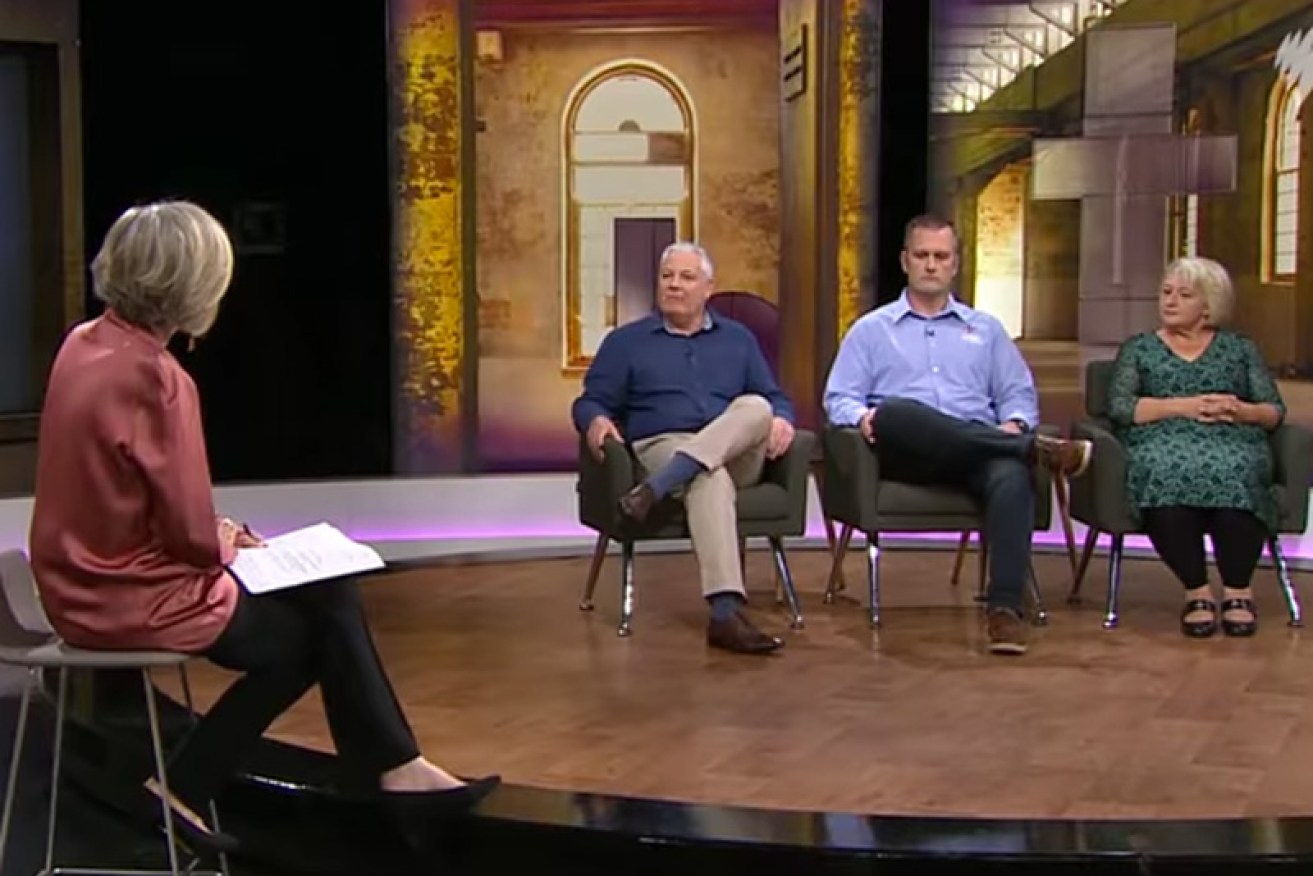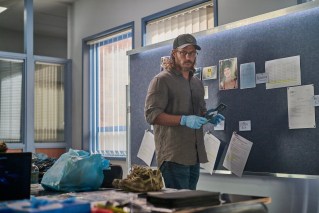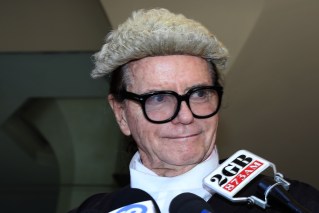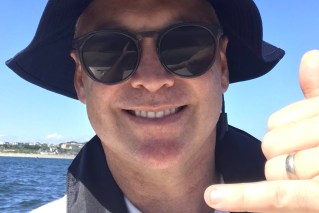Australians open up about mental illness in the workplace


Panellists discuss mental illness at work on SBS's Insight with host Jenny Brockie. Photo: SBS
NSW paramedic John McCormack considered driving his ambulance into oncoming traffic before he finally admitted he was mentally ill and was diagnosed with post-traumatic stress disorder.
On Tuesday night’s Insight program on SBS, titled ‘Mind At Work’, McCormack talked about the build-up to his diagnosis – mood swings, extreme aggression, nightmares – to illustrate how bad it was before he realised he was struggling with a mental illness.
There are many like him who just can’t admit their mental health issues in case they let the side down or even lose their jobs – even though 45 per cent of Australians will suffer from a mental illness at some point.
Dave Westgate, a leading advertising creative, described putting on a mask at work to cope with being bipolar and he never told one of his bosses.
He didn’t want his career to be “killed by kindness”, fearing his bosses would have decided not to put him on big projects in case it was too much for him.
One of his bosses, Nick Souter from ad agency Leo Burnett, admitted that may have been the case, while outlining his own mental health issues.
He suffered from “alienating” panic attacks and he didn’t tell anybody either.
“I think I found something shameful in it. I didn’t think people would understand.
“I think any form of mental illness is stigmatised and I didn’t want people to call into question my competence or my ability to just survive in that corporate environment.”
Lawyer Alex Grayson said that employees are not required to disclose their mental illnesses – but there can be consequences if they don’t. Equally, employers can’t discriminate and are required to make workplace adjustments.
Many industries are now being proactive in creating appropriate opportunities.

Craig Tolley at his job with Clean Force. Photo: SBS
Holly Farquhar came into NBN on a tailored work experience program before being employed full-time.
The company and her colleagues support Farquhar when her depression gets too much for her.
“Find the right person for the right job and they will be the best worker you could get,” she said.
One of the most moving stories was that of Craig Tolley, who suffers from schizophrenia. He had worked unhappily in other jobs before joining Clean Force – where, by design, half the workforce is dealing with mental health issues.
His boss Paul Fraser cried when he saw a film of Tolley at work and described how his company works closely with mental health organisations to recruit and retain their staff.
They offer flexible rostering, training programs and enable workers to work at their own pace.
Under legislation, they can pay a proportion of the full wage, according to the capabilities of their employees. Tolley gets 80 per cent and is very happy with that.
“I’ve got a job I can do where I don’t get yelled at,” he said. “And I can pay my private health insurance, car insurance.”
McCormack took six months off to recover, though he still has relapses. He’s more open about his condition now, which he manages with his employer’s help. But he notes others are not nearly so fortunate.
Watch paramedic John McCormack discuss dealing with mental illness at work:
If you or anyone you know needs help, call Lifeline on 13 11 14.








